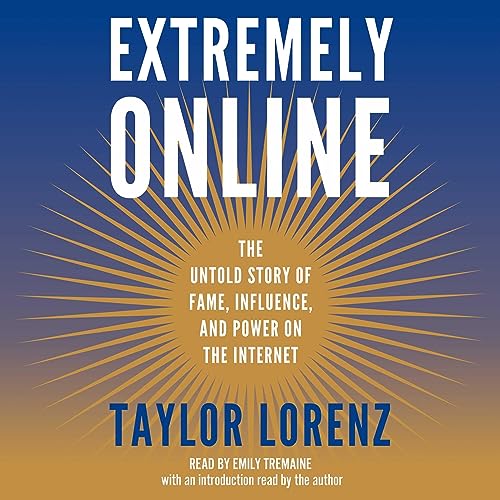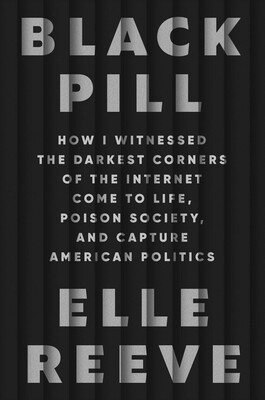
Extremely Online: the untold story of fame, influence, and power on the internet
Book Description
Fame has migrated from the silver screen to the tiny screens in our pockets, transforming lives with a swipe. In *Extremely Online*, Taylor Lorenz unveils the dark underbelly of digital stardom, where influencers wield power that rivals traditional celebrities. Explore the dizzying heights of TikTok fame and the perilous depths of online backlash. Through riveting narratives, Lorenz reveals the hidden mechanics of influence that can make or break careers in an instant. In a world where every post counts, what price do we pay for validation, and who truly controls the narrative?
Quick Book Summary
"Extremely Online" by Taylor Lorenz chronicles the dramatic rise of influencer culture and online fame, providing a behind-the-scenes account of how the internet has fundamentally reshaped notions of power, celebrity, and community. Lorenz highlights the shift from traditional stardom to a world where anyone with a smartphone and social savvy can reach millions. The book investigates the complex dynamics between content creators, platforms, and audiences, as well as the sometimes-toxic fallout of digital visibility. By weaving together personal stories, technological milestones, and cultural analysis, Lorenz reveals both the allure and the peril of our always-on digital lives. Ultimately, "Extremely Online" invites readers to consider who truly benefits from this vast web of influence, and what we might lose in exchange for constant connectivity and fleeting notoriety.
Summary of Key Ideas
Table of Contents
The Evolution of Digital Celebrity Culture
The book begins by tracing the evolution of fame from Hollywood and broadcast media to the rise of digital platforms like Instagram, YouTube, and especially TikTok. Lorenz illustrates how the internet democratized fame, giving rise to influencers who wield enormous cultural and economic clout. Unlike old-school celebrities elevated by gatekeepers, digital creators can cultivate massive followings directly, turning authenticity and relatability into currency. This transition fundamentally altered the way fame is acquired, maintained, and perceived.
Influencers as Architects of Online Power
Next, Lorenz explores the role influencers play as both products and producers of the digital economy. Influencers are not just personalities but also entrepreneurs and trendsetters, capable of shaping public discourse, launching brands, and influencing elections. The book unpacks how these creators strategically build their audiences, manage commercial partnerships, and navigate platform policies that can make or break their careers overnight. Lorenz also discusses how influencer labor often blurs personal and professional boundaries, with entire industries springing up to support or exploit this ecosystem.
Platforms, Algorithms, and the Shaping of Fame
A major focus is the power of platforms and algorithms in shaping who becomes famous and who is forgotten. Lorenz delves into the arcane rules and ever-changing algorithms of social media giants that can determine creators’ fates in an instant. This introduces volatility and anxiety, as digital stars must constantly adapt to platform changes to stay relevant. The book sheds light on how platform incentives and opaque moderation guidelines can foster both creativity and controversy, amplifying some voices while silencing others.
The Dark Sides of Internet Stardom
Lorenz does not shy away from the dark side of internet stardom, describing the emotional toll of digital backlash, harassment, and "cancel culture." The relentless scrutiny and toxic feedback loops of online life can lead to burnout, anxiety, and reputational ruin. The author shares poignant accounts of creators whose careers were derailed by viral scandals, illustrating how public opinion on the internet can shift suddenly and mercilessly. The costs of hyper-visibility are explored, raising critical questions about privacy, safety, and mental health in a world where every moment can be broadcast.
Redefining Community and Control in a Digital Age
Finally, the book contemplates how online communities redefine connection and power. Influencers cultivate loyal digital tribes, sometimes challenging traditional institutions or spawning new movements. Yet, Lorenz questions who truly controls the narrative: the creators, their audiences, or the platforms pulling the strings. The book urges readers to reflect on the consequences of building identity and community around fleeting micro-fame and to consider more sustainable, equitable models for digital influence moving forward.
Download This Summary
Get a free PDF of this summary instantly — no email required.





